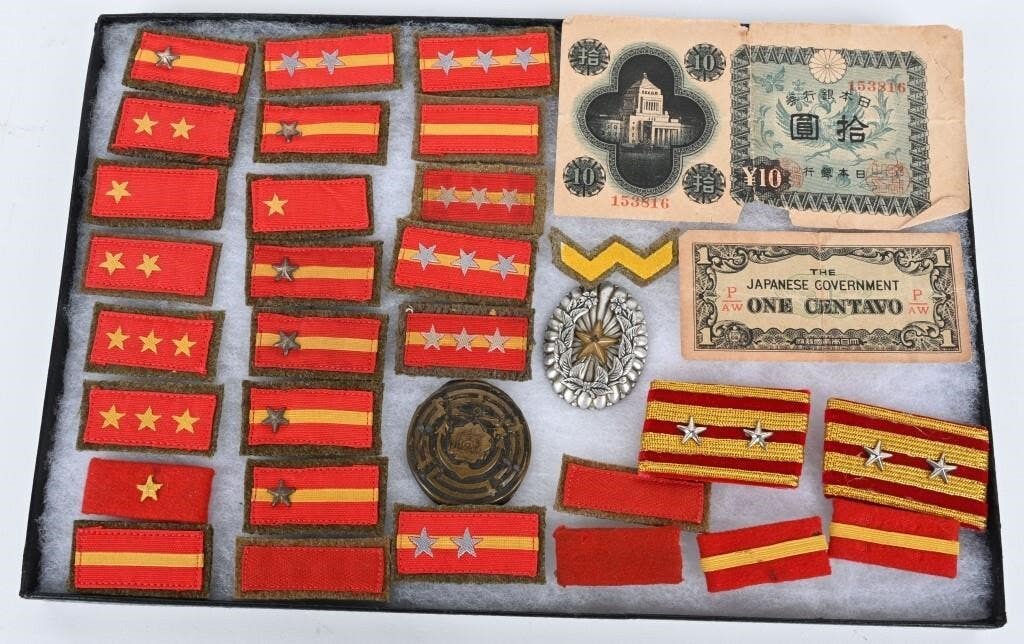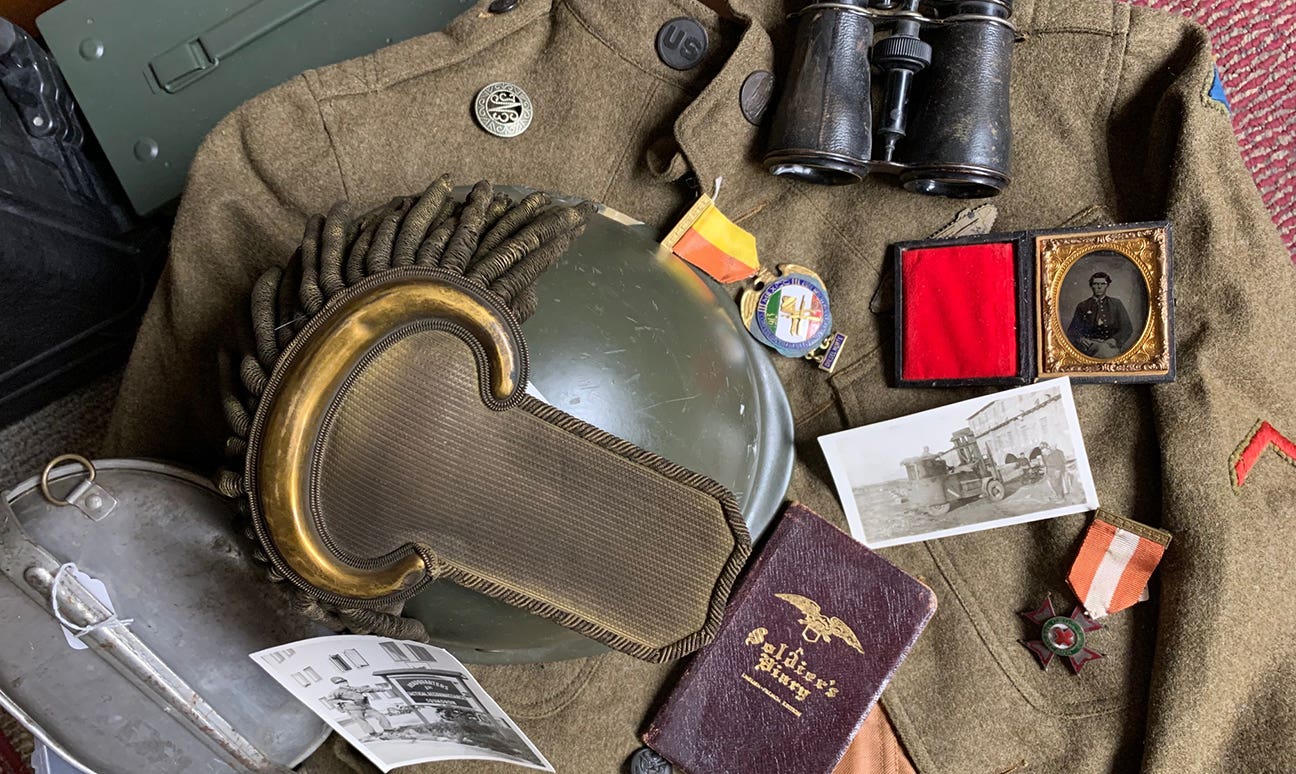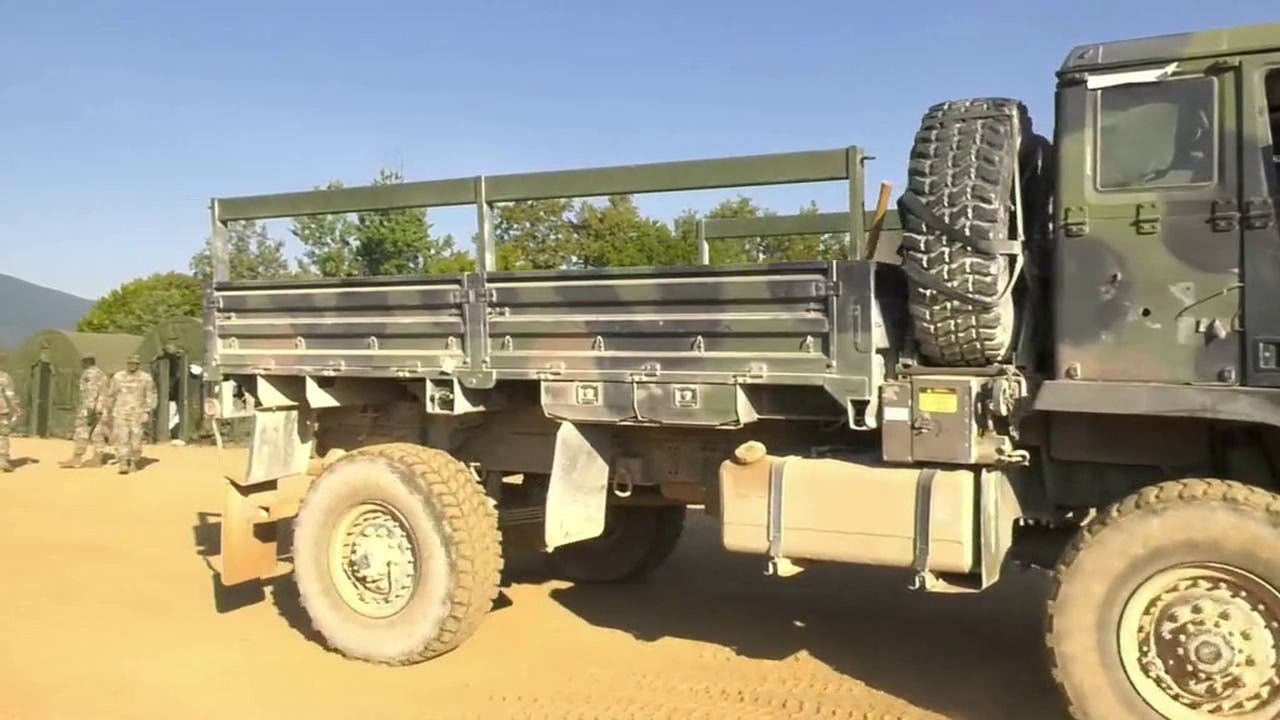WHAT’S NEXT FOR MICHIGAN’S MILITARY VEHICLES?
With the clock running out of time for his tenure as Michigan’s 48th governor, Republican Rick Snyder delivered a severe blow to private ownership of historic military vehicles in the…
With the clock running out of time for his tenure as Michigan’s 48th governor, Republican Rick Snyder delivered a severe blow to private ownership of historic military vehicles in the State of Michigan. On December 28, 2018, he vetoed a bill that would permit driving historic military vehicles on state roads. In announcing his decision to veto the legislation, Governor Snyder explained that military surplus vehicles were not manufactured for on-road use and should be restricted to off-road purposes.
WHAT THE BILL SAID
Currently, a military vehicle owner must pay a fee of $30, certify that their vehicle is owned and operated solely as a historic vehicle and that it has been inspected and found safe to operate on Michigan highways. Once granted, the registration expires on April 15 in the tenth year following the date of its issuance.
However, people have encountered problems registering their vehicles if the only documentation they can present is an SF-97 that specifies "OFF ROAD USE." This has been the problem with thousands of HMMWVs sold as surplus through GOVPlanet.com
To address the situation, Senators Hoon-Yung Hopgood (D), Rick Jones (R), and Steve Bieda (D) introduced Senate Bill 1040 in May 2018. If passed, the bill would have amended the Michigan Vehicle Code to specify that a historic vehicle would include a military surplus, non-tracked vehicle that was over 25 years old.
The bill defined "Military surplus vehicle" as a high-mobility, multipurpose wheeled vehicle or a motor vehicle manufactured for military usage that was manufactured by or under the direction of the United States Armed Forces or the armed forces of any other country and was subsequently authorized for sale to civilians. The term would not be used to refer to a tracked vehicle or a half-tracked vehicle. Basically, this bill resulted from the Michigan historic military vehicle community banding together to ensure that vehicles released by the military can continue to enter the surplus stream and private ownership, a path that the military has followed for disposal of wheeled vehicles for more than a hundred and fifty years.
Last December, the bill passed the state senate, 35 yeas to 1 neas and the state house (roll call #868), 106 to 3. Following passage, a fiscal analysis of the bill was concluded on December 6, 2018. Analyst Joe Carrasco reported, “The bill could have a minimal, positive fiscal impact on State revenue. The amount of additional revenue is indeterminate and would depend on the number of vehicles that became eligible and were registered under the bill. Currently, a decommissioned military surplus vehicle is not eligible to be registered as a street-legal vehicle in Michigan. Those vehicles may be titled as off-road vehicles to be operated only on off-road trails but may not be registered, thus no registration fee (or tax) is collected from these types of vehicles. The bill would allow for a military surplus vehicle to be registered as a historic vehicle, meaning that it could be driven to participate in club activities, exhibitions, tours, parades, and similar uses. Also, the use of historic vehicles is allowed during the month of August, as use of the vehicle during that month is considered an exhibition. Currently, historic vehicles pay a single registration fee of $30 that is good for ten years. Under the bill, for each vehicle that became eligible for registration as a historic vehicle, the State would collect $30 every ten years. Again, the amount of additional revenue is indeterminate and would depend on the number of military surplus vehicles that registered under the bill.”
With passage by both houses and the fiscal analysis pointing toward final approval, legislators delivered the bill to the Governor for signing into law. With strong bipartisan support, it seemed that the bill who easily float into law.
Governor Snyder received the bill at 3:38 PM on December 22, 2018. On December 28, 2018, he stunned legislators and the historic military vehicle community when he vetoed the bill. His last day as Governor of Michigan was three days later.
In his veto letter, Snyder wrote, "Were this bill to take effect, vehicles that were never manufactured or intended for on road passenger use could be registered and permitted on public streets and roads.”
WHAT’S NEXT?
With Snyder out of office, it is likely that Michigan’s legislature will take up the same or modified bill again. However, until that time, Michigan HMV owners are restricted by the current code that requires a vehicle to be inspected and found safe to operate on Michigan highways. And as long as surplus military vehicles are sold with only an SF97 stating that it is for “OFF ROAD ONLY,” Michiganders will have a hard time enjoying their vehicles how they were intended: For both on-road and off-road use. Let’s give our Wolverine buddies all the support we can to help them get their vehicles back on the road.
Keep ‘em Rolling,
John Adams-Graf
Editor, Military Vehicles and Military Trader
John Adams-Graf ("JAG" to most) is the editor of Military Trader and Military Vehicles Magazine. He has been a military collector for his entire life. The son of a WWII veteran, his writings carry many lessons from the Greatest Generation. JAG has authored several books, including multiple editions of Warman's WWII Collectibles, Civil War Collectibles, and the Standard Catalog of Civil War Firearms. He is a passionate shooter, wood-splitter, kayaker, and WWI AEF Tank Corps collector.








